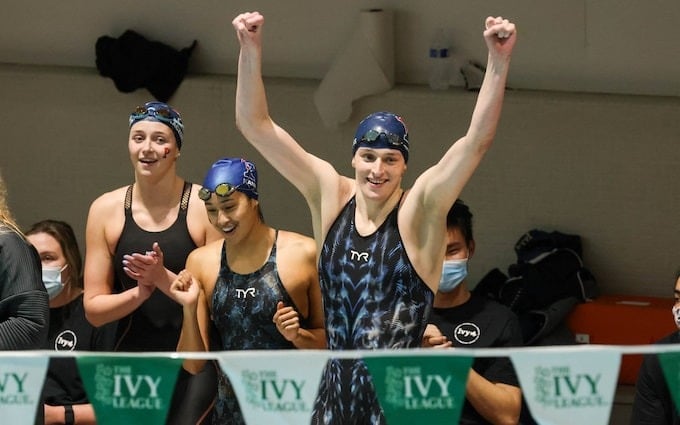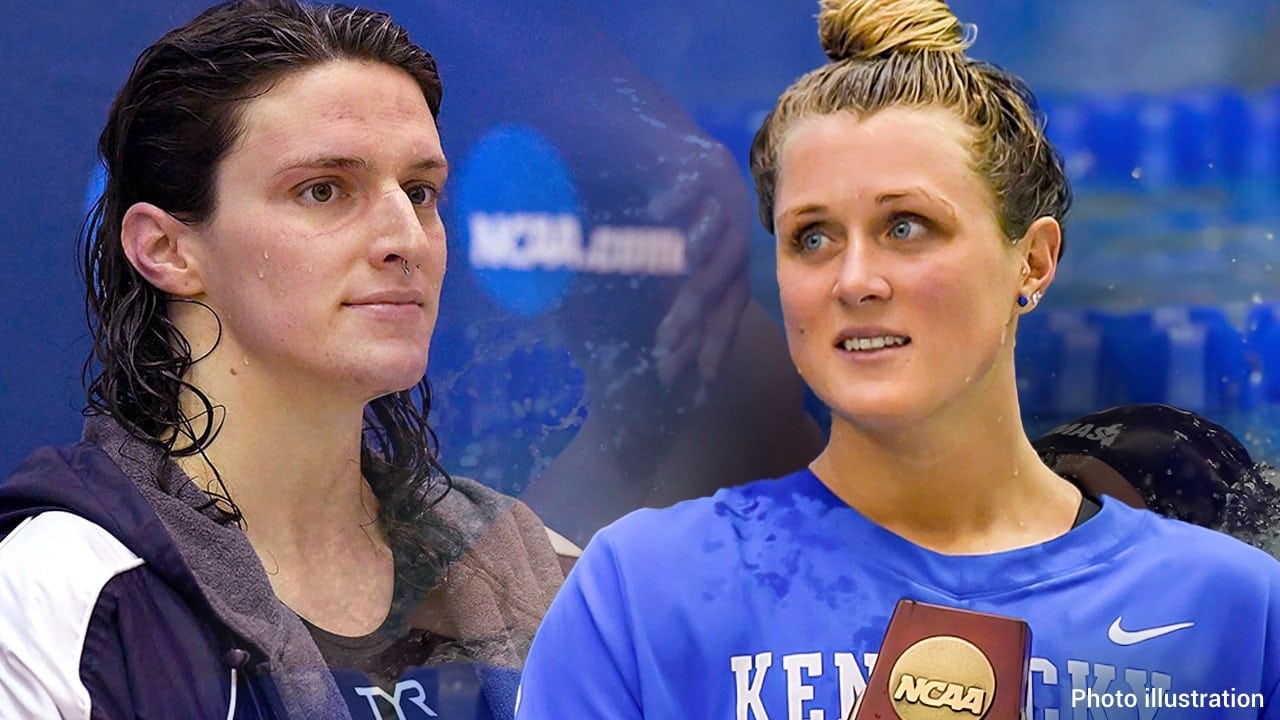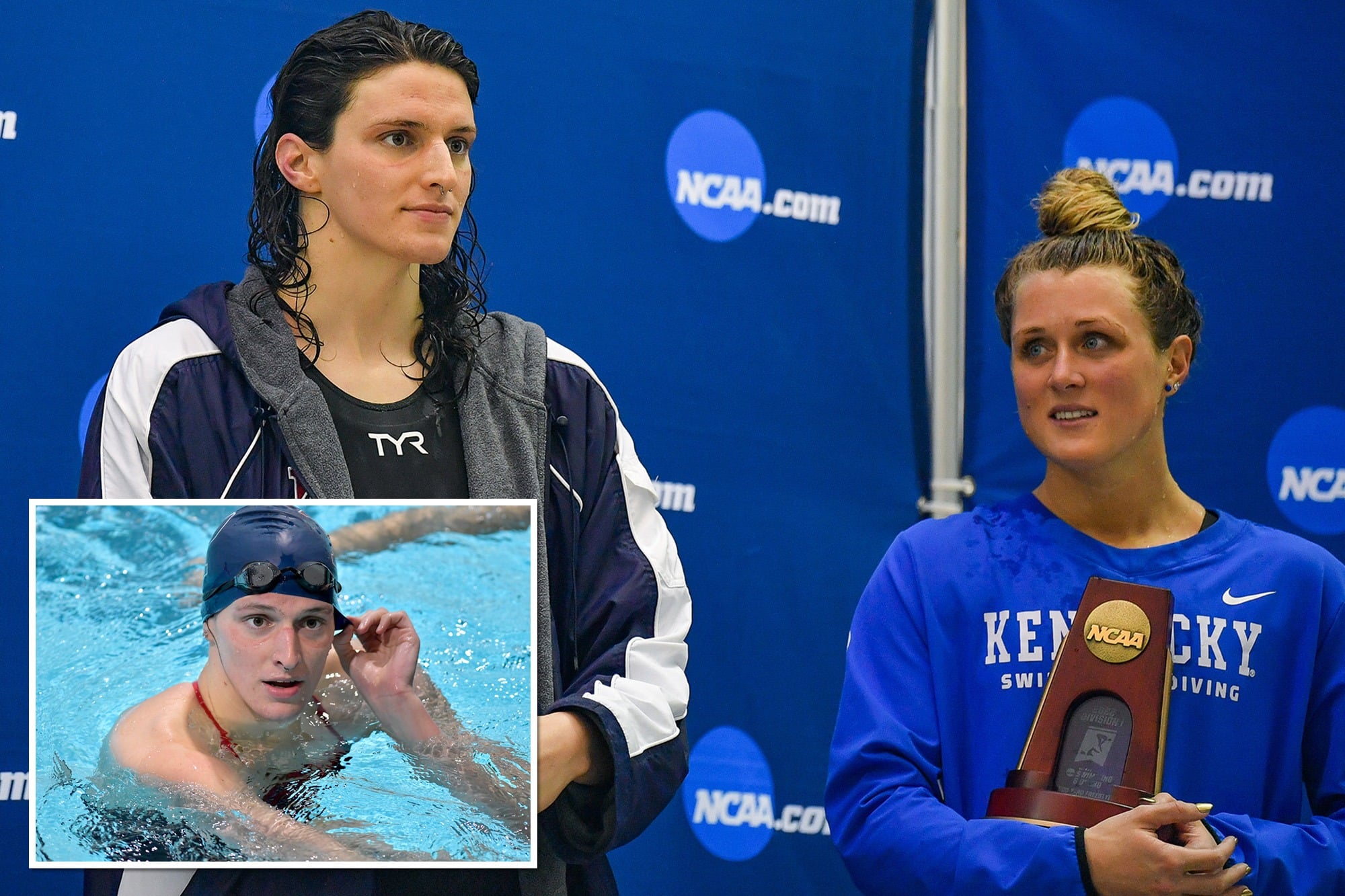Lia Thomas Stripped of NCAA Medals, Riley Gaines Awarded in Controversial Move
In one of the most controversial developments in collegiate sports, former NCAA swimmer Lia Thomas has been stripped of her championship medals following a rule change, with fellow swimmer Riley Gaines receiving the honors in her place. The decision has reignited intense debates surrounding fairness, gender identity, and the future of transgender athletes in competitive sports.

Lia Thomas, who made history as the first openly transgender athlete to win an NCAA Division I swimming championship, has been a lightning rod for both praise and criticism. After competing on the men’s team early in her collegiate career, she transitioned and went on to compete—and win—on the women’s team. Her victories became a national symbol in the conversation about transgender inclusion in sports but also sparked fierce backlash from those who questioned the fairness of her participation.
The NCAA, following months of internal review and external pressure, announced that Thomas’ prior eligibility did not meet newly updated guidelines regarding hormone therapy duration and competitive advantage. As a result, the organization revoked her medals and retroactively reassigned them to Riley Gaines, a former University of Kentucky swimmer and vocal advocate for policies that she says protect biological fairness in women’s sports.

Gaines, who previously tied with Thomas in competition, has been a prominent critic of the NCAA’s inclusion policies, arguing that transgender women may retain physical advantages that compromise the level playing field for cisgender female athletes. She responded to the news by reiterating her call for “clearer, science-based rules that respect the integrity of women’s sports.”
The NCAA’s move has drawn strong reactions on both sides of the issue. Supporters of Thomas and transgender inclusion have condemned the decision as discriminatory, arguing it sets a dangerous precedent and undermines the progress made in LGBTQ+ rights. Meanwhile, Gaines and her supporters see it as a necessary correction and a victory for fairness and equality in women’s athletics.
This moment marks a critical turning point not only for collegiate swimming, but for sports at large. As more transgender athletes compete at elite levels, athletic organizations across the globe are facing mounting pressure to clarify and standardize their policies. Some experts are calling for the creation of new competition categories or more rigorous eligibility requirements that take into account both gender identity and biological factors.

At the heart of the issue is a broader societal debate: How do we ensure both inclusivity and fairness in sport? While transgender rights are gaining broader acceptance in many areas of life, their intersection with competitive athletics continues to pose ethical, scientific, and emotional challenges.
As the story of Lia Thomas and Riley Gaines continues to unfold, the future of transgender inclusion in sports remains uncertain. What is clear is that this debate is far from over—and its outcome will shape not only NCAA policies, but the future of competitive athletics for years to come.